Customs Brokers: Giving Credit to Accreditors

U.S. Customs & Border Protection (CBP) published the Final Rule on continuing education for individual customs broker license holders in the Federal Register on June 23, 2023. This Final Rule made several changes to Part 111 of the Customs Regulations and imposed a continuing education requirement on individual license holders.
Should You File a Prior Disclosure in 2023?

2023 is more than a brand-new year – it is an opportunity for your company to prioritize supply chain and customs compliance. For some companies, this means filing a prior disclosure with U.S. Customs and Border Protection (CBP). Companies that are frequent importers are seriously considering disclosing entry violations under the condition that Customs will not issue civil penalties against them.
New Rules for Customs Brokers – Bringing Your Brokerage into Compliance with the Modernized Part 111

After several years of review by U.S. Customs and Border Protection (“CBP”), the Customs Broker community, and the Commercial Customs Operations Advisory Council, CBP unveiled the new Customs Broker Regulations under 19 C.F.R. Part 111. On October 18, 2022, CBP published the final rules, Modernization of the Customs Broker Regulations, 87 FR 63267, and Elimination […]
Antidumping Duties – Can I Obtain a Separate Lower Rate?
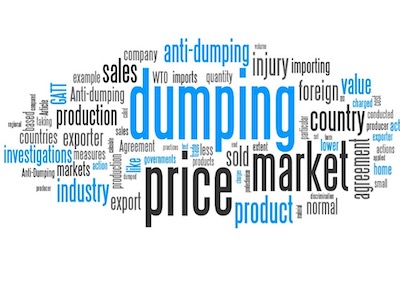
In Antidumping (AD) investigations, the U.S. Department of Commerce (DOC) typically selects only a limited number of exporting entities for review, with these exporters referred to as “individual” or “named” respondents. Selection of these respondents is based on U.S. Customs and Border Protection Data, and in most cases due to limited DOC resources, will consist of only a few of the largest exporters.
Is Your Company in Compliance with US Immigration Form I-129 EAR / ITAR Certification Requirements?
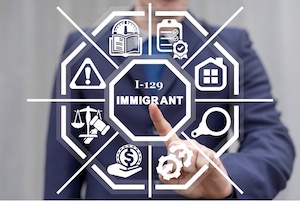
Most companies that employ non-U.S. persons in the United States are familiar with visa requirements, including completing U.S. Citizenship and Immigration Services Form I-129 – Petition for a Nonimmigrant Worker. However, many are less familiar with the affirmative due diligence and certification requirements contained in Part 6 of the I-129.
Tracing Country of Origin – CBP Enforcement Trends Involving Verifying Country of Origin of Imports

Country of origin of imported merchandise is a cornerstone enforcement area for Customs & Border Protection (“CBP” or “Customs”) and is the accurate tracing of the country of origin of goods and materials across multiple countries and is a crucial aspect of maintaining a compliant global supply chain.
How Does the ACE Portal Modernization Impact You and Your Business?
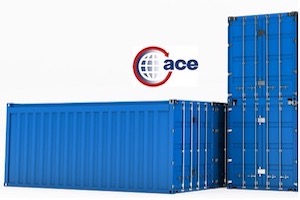
In December, CBP announced a four-phase transition to a Modernized ACE Portal and decommissioning the legacy ACE Portal. We are currently in Phase I and already seeing client impacts.
I Just Found Out My Imported Goods are Subject to Antidumping – What Should I do?

Currently there are close to 400 active antidumping cases involving nearly 40 countries. The cases cover a wide range of products including steel commodity products and steel articles (number one category), chemical products, other metal commodities and articles, plastics and rubber products, food products, paperboard and manufactured articles. Key countries subject to ADD are China (number one country by far), Korea, Indonesia, Taiwan, Thailand, Turkey, and Vietnam.
2022: Prior Disclosure Woes
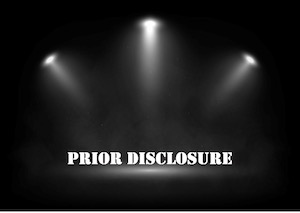
The year is 2022, and companies are turning over a new leaf, making a concerted effort to become compliant with U.S. Customs laws and practices. Seemingly, there are no downsides to conducting a comprehensive Customs compliance review and submitting a Prior Disclosure under 19 U.S.C. § 1592(c)(4) and 19 C.F.R. § 162.74.
Signs of Trade Based Money Laundering and the Intersection with CTPAT Requirements
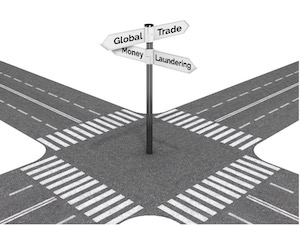
Trade-based money laundering (TBML) is quickly developing into a global tsunami. U.S. Customs and Border Protection (CBP) is looking to Importers for help in identifying risk in this critical area, and for CTPAT participants, it is the newest dimension of the Minimum-Security Criteria (MSC) rolled out in 2020.
